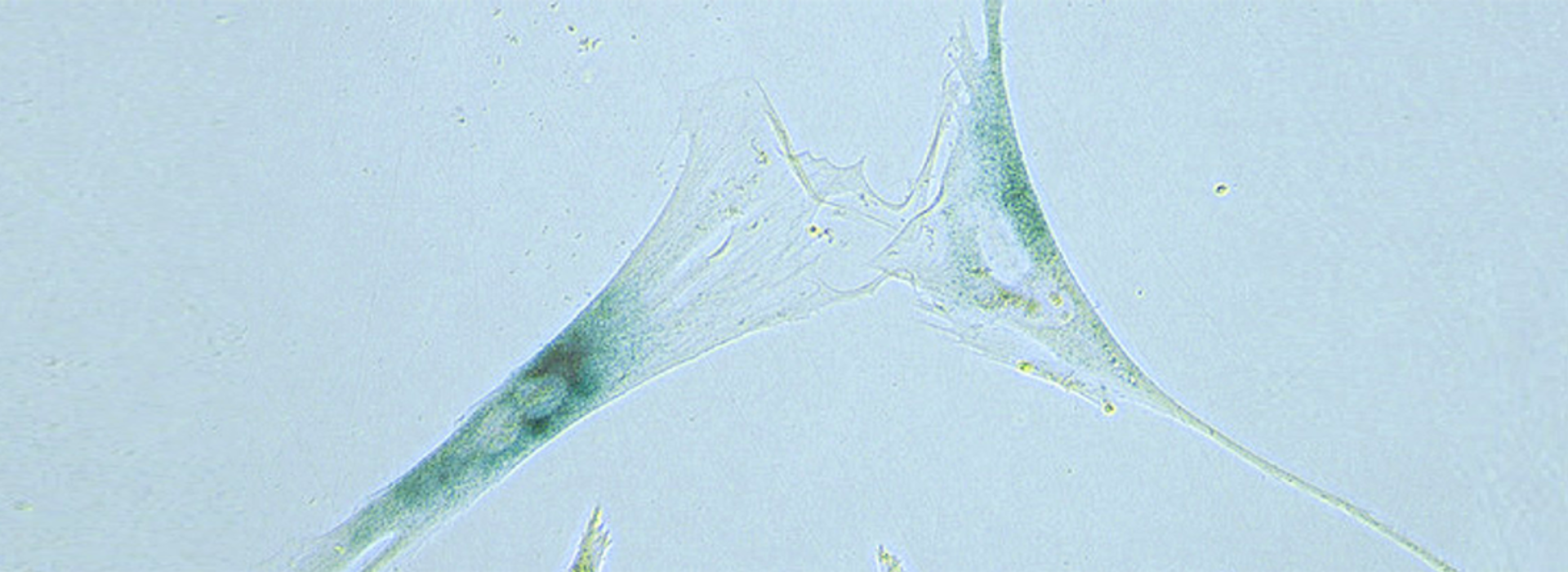
Taking on 'Zombie Cells'
Researchers at the University of Minnesota Medical School are looking at ways to kill 'zombie cells,' or cells that remain alive after they otherwise should've died. These cells promote aging and can lead to the beginning of conditions like osteoporosis and Alzheimer’s disease.
The technical term for Zombie cells is senescent cells. They begin as normal cells in the body, but their DNA becomes damaged at some point. Typically, the cell chooses to die to avoid spreading. However, senescent cells skip this stage and enter a state of suspended animation.
The issue with senescent cells is they release chemicals that can harm nearby normal cells.
However, researchers with the Medical Discovery Team on the Biology of Aging are working on developing senolytics, drugs that eliminate senescent cells.
Senolytics have been shown to improve many conditions, such as cataracts, diabetes, osteoporosis, Alzheimer’s disease, kidney problems, and other age-related conditions.
The aim of senolytics is not to prevent stressed cells from turning into senescent cells, but rather to trigger death of cells that have already transformed, or to limit the harm they do Dr. Laura Niedernhofer, director of the Institute on the Biology of Aging and Metabolism, told AP News.